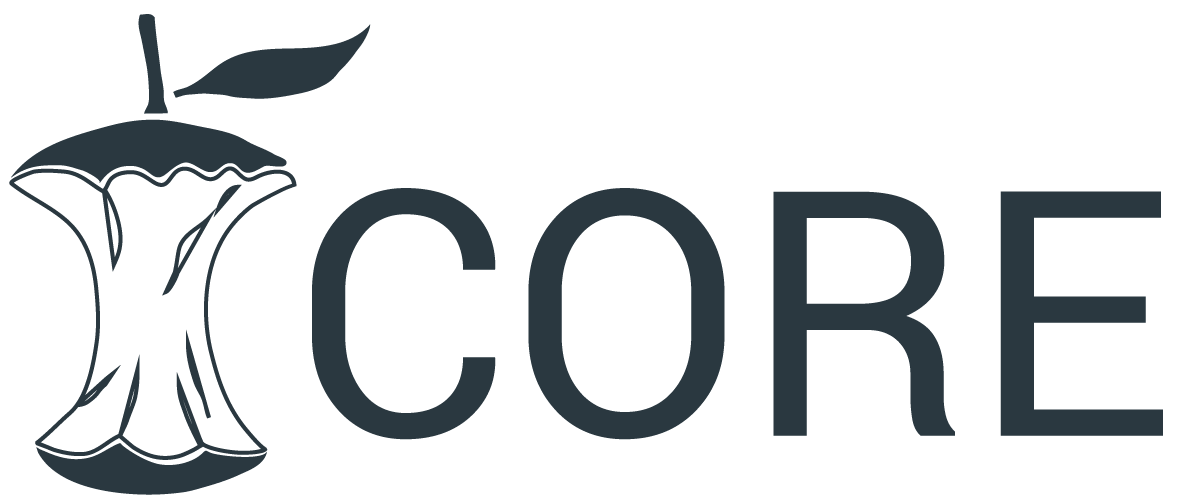Using Appreciative Inquiry with disability stakeholders to develop a strategic action plan towards UNCRPD implementation in Namibia
Keywords:
appreciative inquiry, disability rights, UNCRPD, strategic action plan, disability stakeholders, NamibiaAbstract
Background: This study aimed to develop a strategic action plan for advancing the implementation of the United Nations Convention on the Rights of Persons with Disabilities (UNCRPD) in Namibia.
Methods: Utilising an appreciative inquiry action research methodology, two consultative meetings were conducted involving ten purposively selected disability stakeholders who had previously collaborated but faced organisational challenges leading to group disbandment. The appreciative inquiry 4-D cycle (Discovery, Dream, Design, Destiny) was used to guide the process, enabling stakeholders to leverage strengths and address challenges constructively. The appreciative inquiry approach focused on identifying successful strategies and positive attributes that could be used to effectively promote disability rights in Namibia.
Findings: The findings highlight key enablers of action plan implementation, including collaborative work, effective use of human capital, and strong stakeholder commitment. These factors were reinforced by regular meetings, transparent information sharing, and joint awareness-raising programs. Participants harnessed their collective strengths through open communication and mutual respect, leading to the development of a strategic action plan.
Conclusion: Appreciative inquiry action research methodology proved effective in developing a strategic action plan to promote the UNCRPD implementation in Namibia. By emphasising positive aspects and leveraging collaborative strengths, stakeholders were able to align efforts towards advancing disability rights within the country.
Downloads
Downloads
Published
Issue
Section
License
Copyright (c) 2025 Dr Gwarega Chibaya, Associate Professor Deshini Naidoo, Professor Pragshine Govender (Author)

This work is licensed under a Creative Commons Attribution 4.0 International License.
© 2025 [Author(s)]. This is an open access article distributed under the **Creative Commons Attribution 4.0 International License (CC BY 4.0)**, which permits unrestricted use, distribution, and reproduction in any medium, provided the original work is properly cited.











